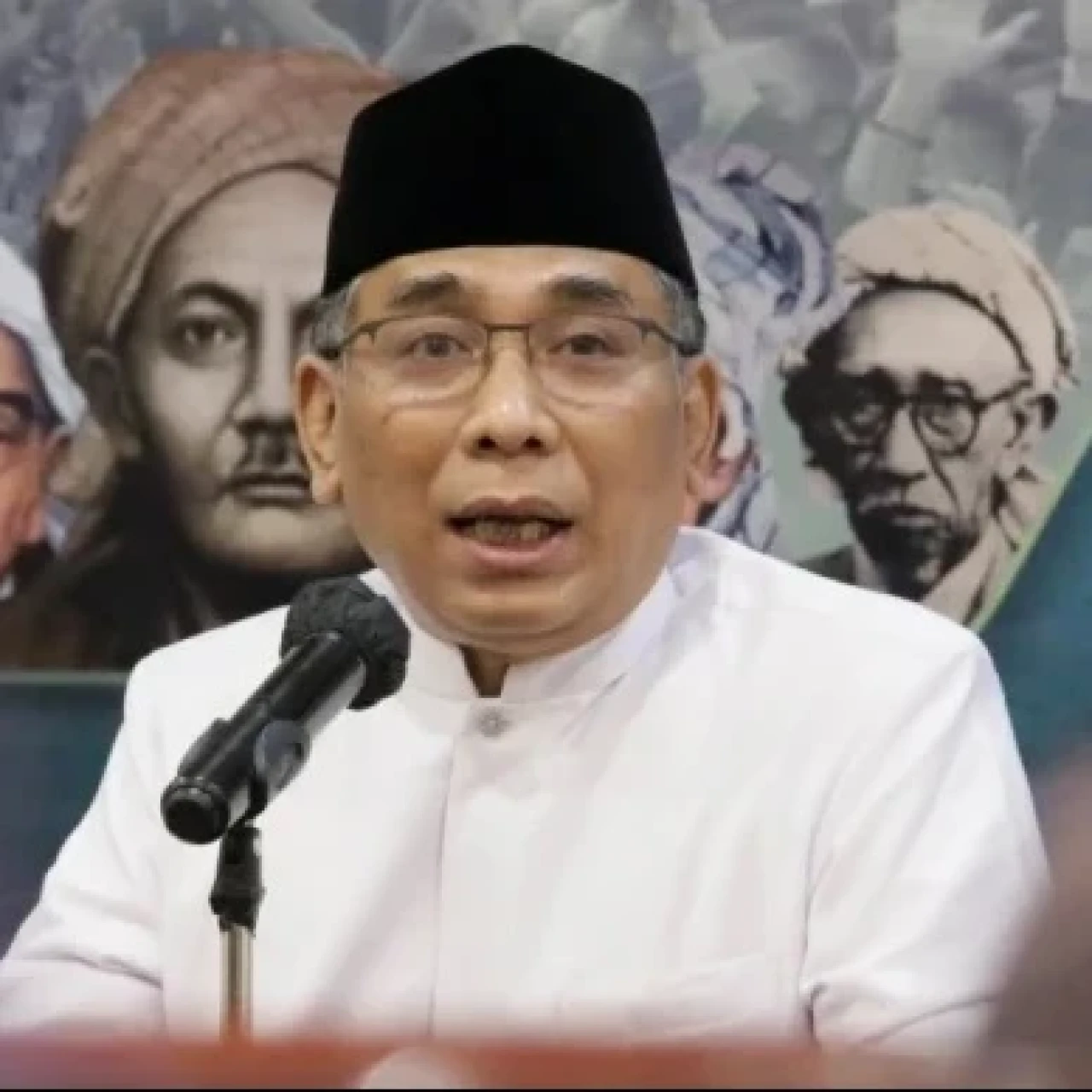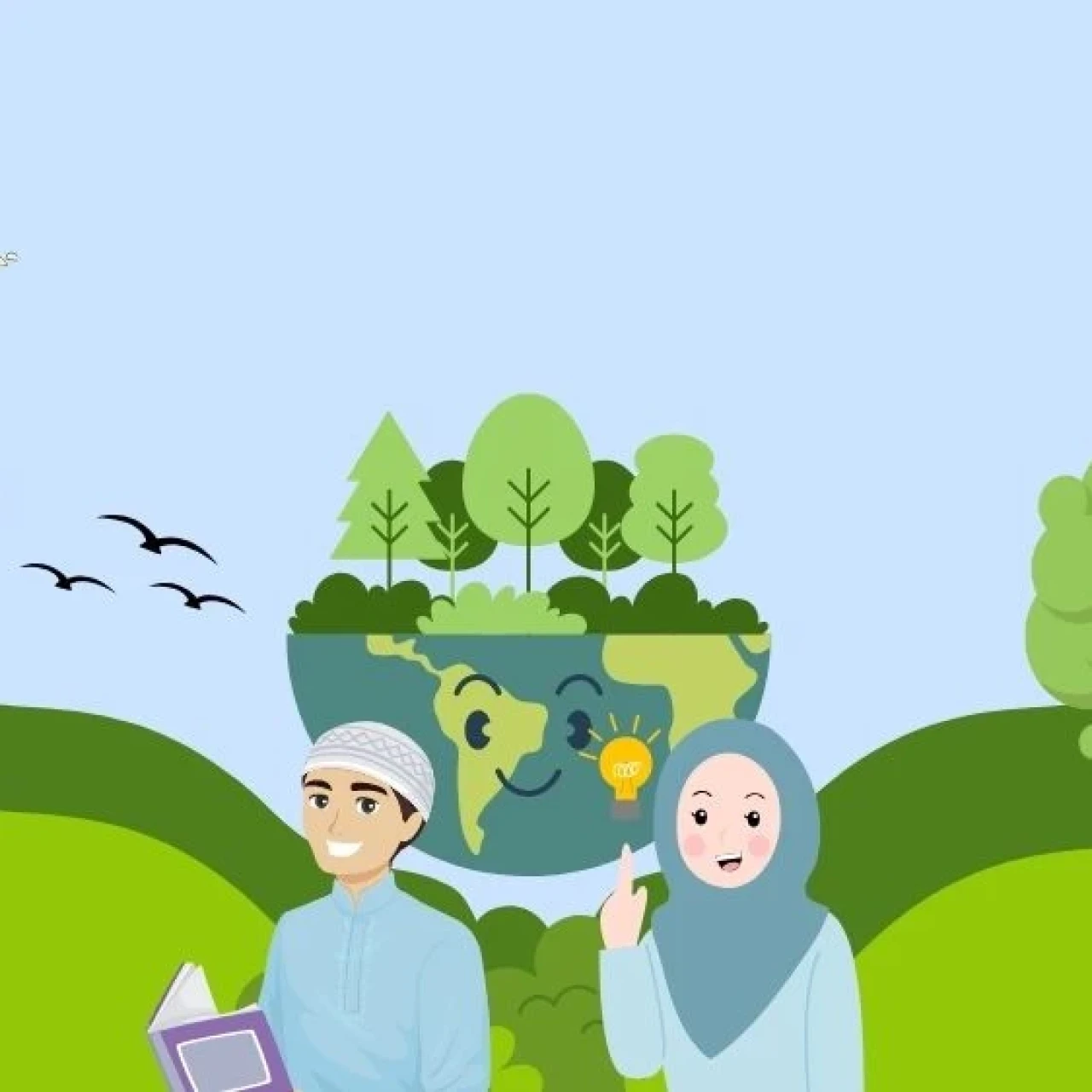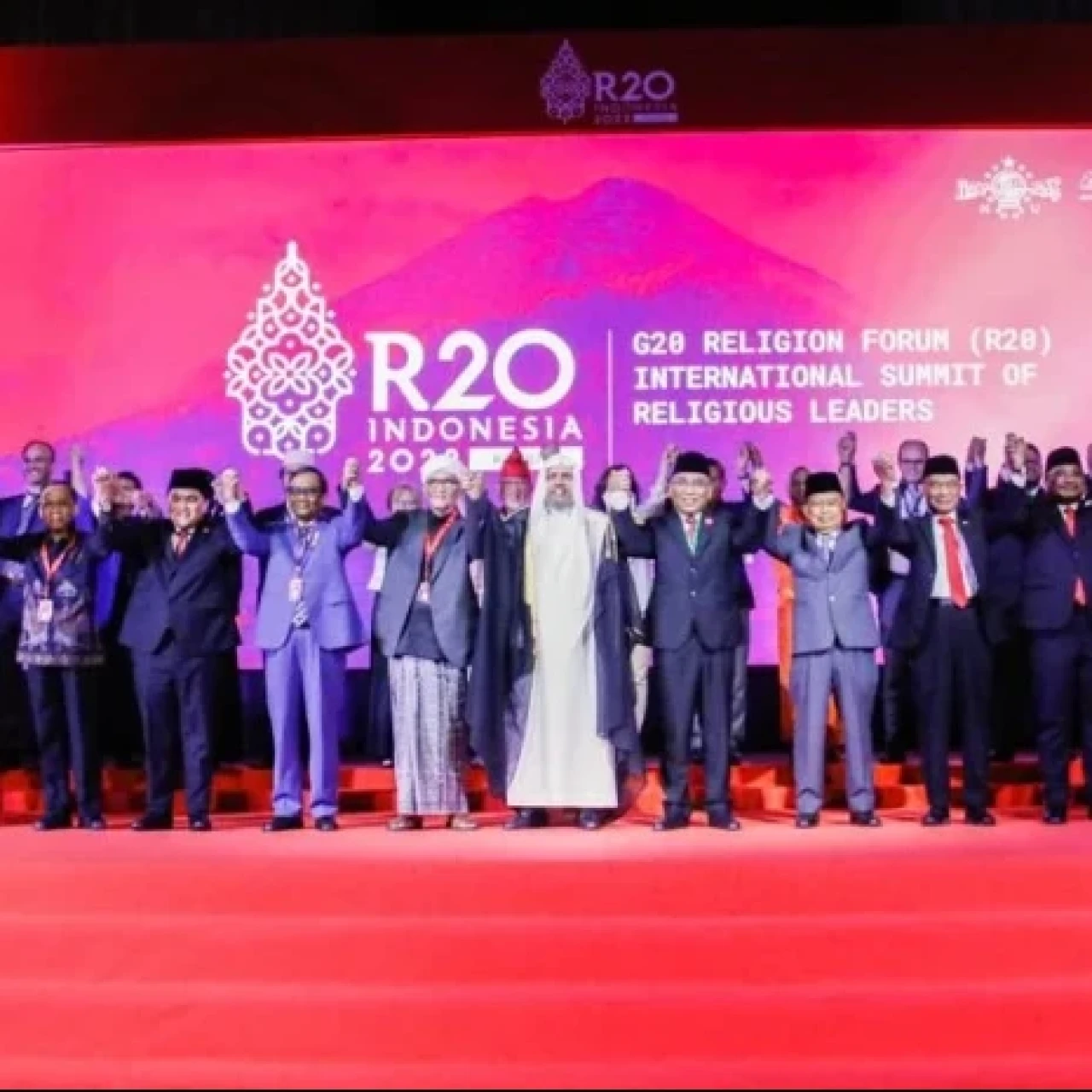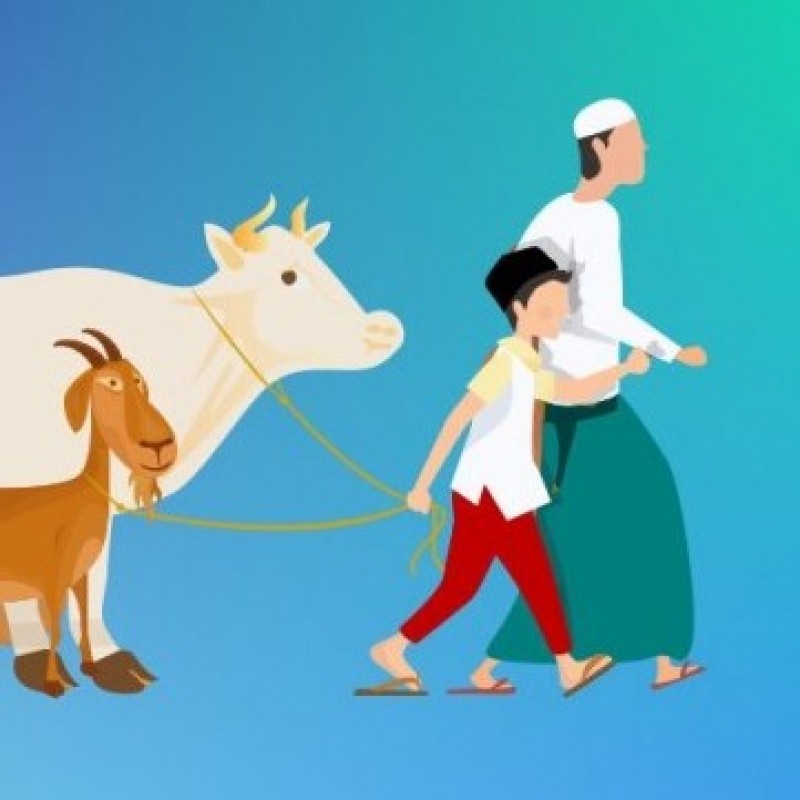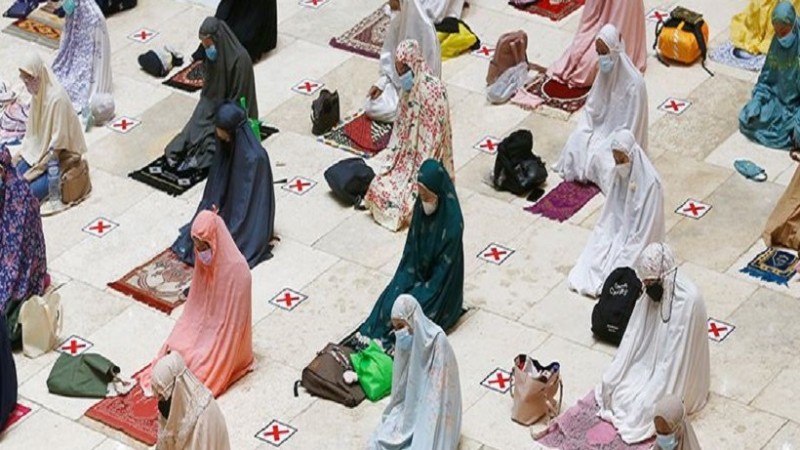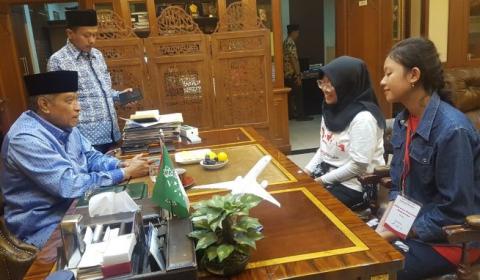Syaria-inspired local bylaws and the concept of politics in Islam
NU Online · Senin, 20 Juni 2016 | 05:57 WIB
By HM Misbahus Salam
Lately there has been a report widely discussed by Islamic leaders and legal experts regarding the repeal of syaria inspired local bylaws (Perda Syariah) by the Home Affair Minister. Many have criticized President Jokowi and considered him anti-Islam, for not being in favor of the Muslims. Whereas the Minister of Internal Affairs in a statement has never revoked sharia nuanced regulations.
As a result of this polemic, there have been movements of thought between those propagating the religious formalism and those propagating religious substantialism. The former always thought that religion has to be used as the official sources of law, while the latter sought to integrate the values of religious teachings with the ones of local wisdom to make regulations or laws in government without imposing a specific religious symbolism.
To clarify the controversial polemic in terms of the sharia local bylaws, I will elucidate the position of religion in the view of politics in accordance with the Islam teachings. Whereas until now, it has still been debated by jurists concerned with the political study. Is Islam merely a religion or is Islam religion as well as the state (din wa daulah)? Was the role of Prophet Muhammad to his people a mere apostle or as the apostle and also the head of state (rasulan wa hakiman)?
Among the Islamic political experts, there are three major view points. Firstly, that Islam has empirically established Islamic states, but not standardized the form and system of the Islamic state. Islam has universally given the political ethos and principles that ccould be applied in the systems of government and the forms of state that may vary in accordance with the demands of the times and the needs of society (al-Shura wa Atsaruha fi al-Dimoqratiyah: Dr. Abd. Hamid al-Ansari, 1980).
Secondly, Islam is religion and state (al-Islam din wad daulah). The reason is that the government power is a strategic instrument in realizing human benefit. Therefore, there is no separation between religion and state. Since the state and its government systems are an integral part of Islam, then there is no political moves being capable of creating new systems that do not conform to what was done by the Prophet Muhammad and his caliphs. (Abu A'la Maududi, Nadlariyat al-Islam al-Siyasah).
And thirdly, Islam only takes care of the Islamic religion (din fahasbu). The argument is that the mission performed by Prophet Muhammad was merely propagating religious teachings (dakwah diniyah) instead of being interfered with political affairs and seeking to establish a state. If the mission carried by Prophet Muhammad requires leadership in the midst of his people, and the power of struggle (sultan) in the midst of his followers, it does not mean it is a political leadership or government power, but rather a religious leadership that is not to do with the interests of power. This opinion is popularly voiced byDr. Ali Abd al-Raziq, one of the Shari'ah court jurists (qadli) and Waqf Affair Minister of Egypt in his work "al-Islam wa Usul al-Hukm".
Munawir Sadzali, in his "Islam and Goverment System", concluded that in Islam there is no standardization of the system of government, but it has principles or ethical basis for implementing the government. Thus, these principles could be applied in a wide range of government systems.
Similar opinion was also stated by Islamic thinkers such as Afif A Thobarah saying that the Koran does not specify the form or standard system to be used as a system of Islamic government. Islam also does not specify how the arrangement of power, but Islam does specify some principles that could be used as a reference for Muslims in implementing the government at any time and any system of government, be it republic, empire, federation or unitary state. What is to say here is that the benefit of the people is the first and the foremost for the level of goodness (al-mashalih) is different and keeps up with the dynamics (thathawwurat) that in line with the changing times and different places. If the government system is standardized with a certain kind of system, it will certainly give troubles (al-haraj) for the Islamic people throughout its journey of civilization.
The Islamic principles or basic ethics that could be such a guide for the holders of power, including kings, sultans, presidents, governors, regents and is also used as the standard for people to measure the credibility of their leaders are: honesty and responsibility (as-shidqu wa al-trust), justice (al-'adalah), deliberation (as-shura), equality (al-Musawah), the benefit of the people (al-mashalih ar li-raiyyah), freedom (al-hurriyah), brotherhood or unity (al-ukhuwah). These seven principles need to be applied by the leaders to create the benefit and welfare of the people.
As long as we still live in a country, it is impossible to escape from the political process and dynamics. Especially when referring to the al-Ghazali's view in "al-Iqtishad fi al-I'tiqad" about the relationship between religion and political power. According to him, the existence of sulthan (political power) is required to the world order. The world order is required for religious order. Religious order is required for the success of the hereafter. On account of this argument, al-Ghazali has attracted political realm into the more "spiritual and esoteric" dimension. This assertion was stated with the phrase "The mandatory Imam is a religious obligation. Religion is the basis and the sultan is the guardian. Based on the statement (qaul) that the discourse of thought and political action is inseparable from religion. Religion in this sense should be viewed as the political values and ethics.
There is also a statement made by by KH. Afifuddin Muhajir (Lecturer at Ma'had Aly Sukorejo Situbondo), who is popularly known as an Usul Fiqh expert suggesting "The leader is essentially the successor (of caliphate), the prophetic role in two respects: Keeping religion and organizing the rorld. Al Mawardi said: "Al-Imamah maudhu'atun li-khilafin nubuwah fi hirasadiddin wa siyasatiddunya".
Al-Mawardi seems to say that the "caliphate" needs to fulfill the main requirements; 1. State is a place that is conducive, comfortable and safe to practice religion for its followers. 2. The leaders seriously think and act for the benefit of the people to realize justice, prosperity both physically and spiritually. Then indeed the Unitary State of Republic of Indonesia (NKRI) basing its ideology on Pancasila is very potential to be a khilafah state inspired by the khilafah nubuwwah and not the one as propagated by Hizbut Tahrir Indonesia (HTI).
From the ulema views above, the stressing point is the benefit of the people. And local bylaws (Perda) that have been decided by the local government and any other sharia and religious teachings-nuanced ones, such as Nyepi in Bali, as long as such bylaws could provide security, preserve tolerance, and were decided institutionally not need to be at stake instead of being revoked.
Last but not least, the mental revolution launched by the Indonesian government should be through intensification spiritually through religious deepening of each of us without diminishing the rights and disturbing the interest of other faiths. In the circumstances, the Indonesian government must take a stand against the left and right extremities based on Pancasila. Given an imbalance in this regard may lead to instability. Hopefully Indonesia could become a safe, and prosperous country both emotionally and physically.
The writer is the leader of RDS (Raudlah Darus Salam) Foundation Sukorejo Bangsalsari Jember
Terpopuler
1
Khutbah Jumat: Ramadhan dan Kesempatan yang Tidak Selalu Terulang
2
Innalillah, Ulama Mazhab Syafii asal Suriah Syekh Hasan Hitou Wafat dalam Usia 83 Tahun
3
Khutbah Jumat: Ramadhan, Melatih Sabar, Memperkuat Syukur
4
Kultum Ramadhan: Lebih Baik Sedikit tapi Istiqamah
5
Keluar Mani yang Tidak dan Membatalkan Puasa
6
Khutbah Jumat: Tiga Kebahagiaan Orang Puasa
Terkini
Lihat Semua




